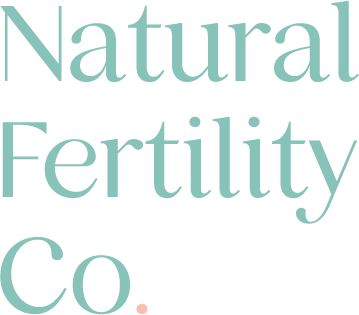Does low AMH mean early menopause?
Low AMH (Anti-Mullerian Hormone) Levels Have Been Touted as The End of Your Fertility, BUT is that really true?
Despite what you hear or have heard AMH levels are inaccurate as a standalone test to determine your fertility. Despite the emphasis put on the results of these tests we question the need for the result of this test to be used as the determination of what you must do next when you’re trying to conceive.
A study from 2012 showed that two common testing method for AMH can be unreliable and may give inaccurate results and it was recommended that AMH levels be viewed with caution in clinic when trying to determine a patients fertility potential. Here is the link if you want to see for yourself.
Over the years we have seen doctors rushing patients into procedures based solely on low AMH levels telling their patients they are out of time and every month they waste could be detrimental to their fertility.
Since the only data that is consistent regarding AMH level being low is that you are less likely to respond to IVF meds and when AMH levels are significantly low you may not respond at all, we have a hard time supporting the recommendation that low AMH = urgent need for IVF.
If it’s not true why do they say it? Well, research shows that your AMH is related to your antral follicle count (AFC), i.e. the number of follicles they can see on your ovaries each month. And if they don’t see many follicles they say you are running out of eggs. But that doesn’t mean that you won’t be ovulating for quite some time yet. If you are under 42-43 and you have a normal cycle you may be producing less eggs each month in preparation for ovulation, but that doesn’t mean you can’t get pregnant naturally or with a procedure because the one egg that you do release may still be viable for pregnancy. And most people don’t know this but even at 42-43, if you have been menstruating regularly, with a low AMH, you likely won’t go into menopause for another 5-8 years.
Instead of rushing someone into a procedure, wouldn’t it make sense to help the patient prepare for a procedure to attempt to help them respond better or to have the best quality eggs possible than to start something straight away where based on their low AMH they have such a minimal chance of it working?
We strongly recommend that if your AMH levels are out of the normal range, which by the way is often NOT adjusted for what is normal in your age category, to take these and your other hormone studies, ultrasound report and full blood work up to someone that can help you interpret them to see if they are optimal. With what we currently know from science right now, AMH is an important piece of the puzzle but on it’s own can lead to emotional, reactive decisions and heartache that may not be necessary.
After having reviewed all of this information, have the practitioner you’re working with, or us here at Natural Fertility Co, work with you to prepare you for a procedure or to increase your chances of having a natural pregnancy by optimising every area of your health and fertility that needs support.
A recent patient of ours did just that. Her AMH was 1.3 and at 33 the doctors told her she was on the verge of menopause. She didn’t feel her body was ready to deal with IVF at this point. After just a few months, which is even quick on our program, she was pregnant naturally.
Here at Natural Fertility Co we have been looking at optimal levels for two decades. This is a critical to put together to consider your fertility and to help create your plan to improve your fertility potential for a natural conception or to help you prepare for a procedure. If you would like to book your first consultation with us to have all of your levels reviewed from optimal and then have a plan created to improve your fertility then please go to our booking page.

